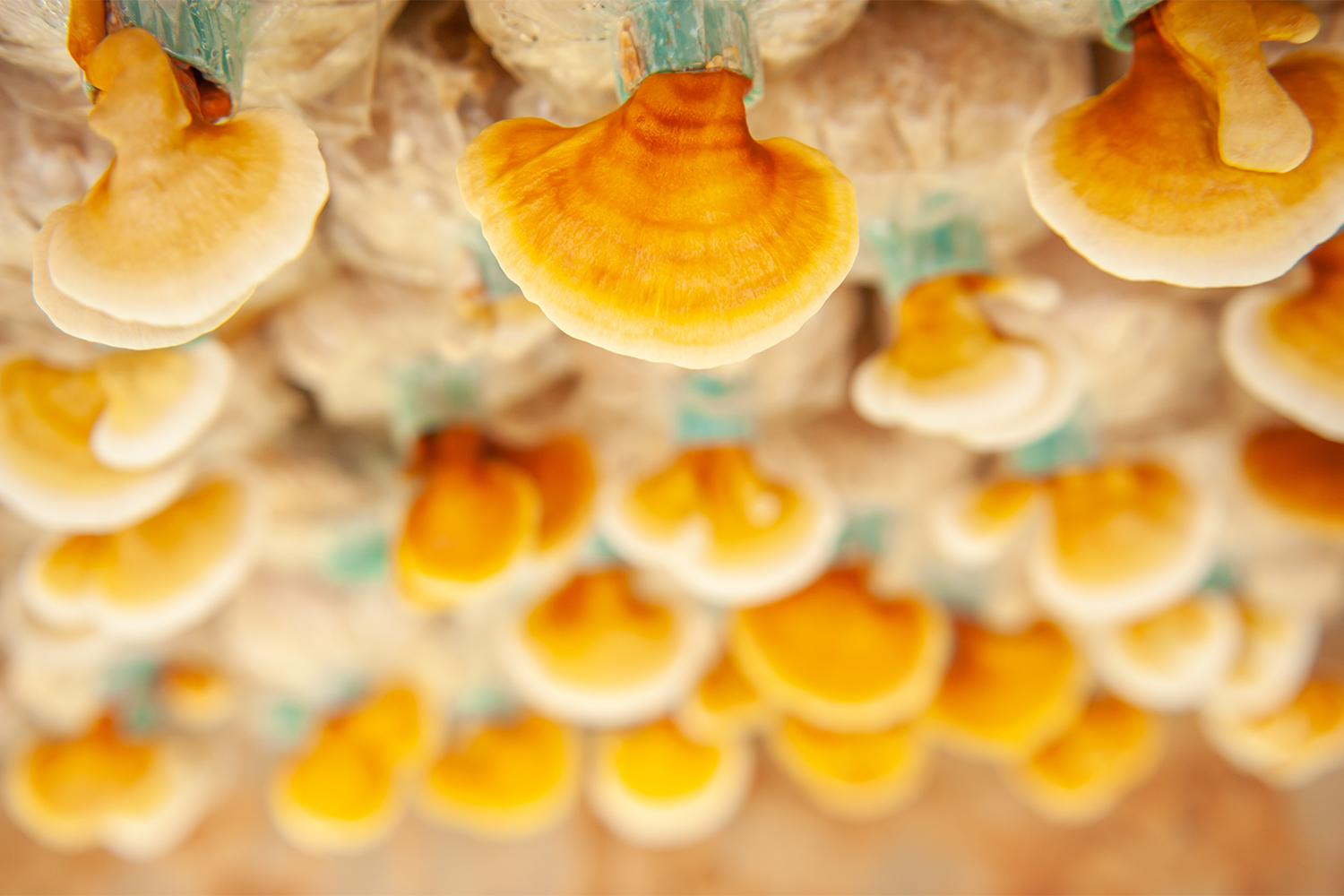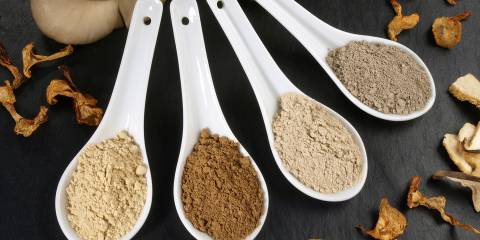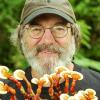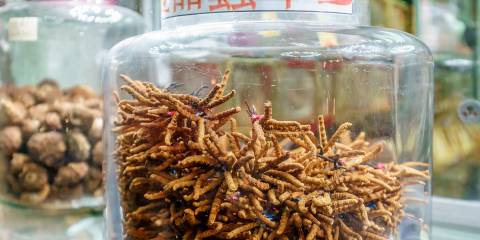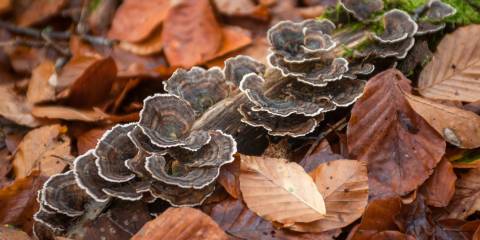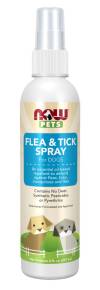In 2017, Paul Stamets and his team at Fungi Perfecti, LLC (FP) partnered with Natural Immune Systems, Inc. (NIS) to further clarify the immune-enhancing impacts of various mushroom ingredients. NIS Labs specializes in bio-relevant assays, integrating their laboratory and clinical facilities to evaluate how natural products impact human physiology.
Research on Mycelium and Cultured Substrate
Together, NIS Labs and FP are uncovering some remarkable truths about mushroom ingredients used in the supplement industry.
Testing Mushroom Mycelium Products
To check for activation of various immune factors, three Host Defense® brand products were put to the test: MyCommunity® capsules, Reishi mycelium capsules and Agarikon mycelium capsules.
Testing by NIS Labs confirmed that these three mycelium-centered products:
- increase innate immune cells for protection§
- activate white blood cells for immune strength§
- regulate immune cell compounds for a balanced immune response§
Studies on Cultured Substrate
A separate research effort by FP and NIS Labs sought to understand the immune impact of organic brown rice substrate after being cultured by Turkey Tail (Trametes versi-color) mushroom mycelium.
As mushroom mycelium grows through brown rice, it produces a near-inseparable matrix of mycelium and enzy- matically-converted material. Utilizing an expensive and time-consuming laboratory process, researchers were able to separate pure Turkey Tail mycelium from the cultured rice substrate.
Testing verified both the mycelium and the cultured rice substrate as immunologically active.§ Furthermore, the mycelium and the cultured rice substrate are active in different ways, each conferring unique and complementary immune benefits.§
By contrast, the same immune assays were performed on organic brown rice substrate that was not cultured by mushroom mycelium. With the plain, uncultured rice, no significant immune activity was detected.
This data definitively demonstrates that cultured mycelium on organic brown rice is extraordinarily active in supporting immunity.§
Mycelium and Grain Integrated
Consumers should keep in mind that it is not possible to separate mushroom mycelium from its grain substrate under normal circumstances. Similar to yogurt, in which beneficial bacteria like Lactobacillus cultures milk, these two nutrient sources exist as a living, interconnected matrix. Alongside the pure mycelium, the cultured rice substrate becomes a new, integrated functional food providing complete and effective support for immune function.§
Is Mycelium Grown on Grain Effective?
Some vendors in the mushroom supplement space deceptively argue that mycelium grown on a grain substrate is not useful for consumers and that only mushroom fruitbodies are valuable in supporting health. These claims contradict hundreds of articles published in the scientific literature demonstrating the health-enhancing value of mushroom mycelium grown on grain substrates such as organic brown rice, including an NIH funded study confirming the immunologically supporting activity of Host Defense Turkey Tail mycelium capsules.§
Fungi Perfecti founder, owner, and Director of Research Paul Stamets notes, “In my scientific opinion, mushroom products not incorporating mycelium are at a decided disadvantage, given the results of recent research.”
Ongoing research efforts by Fungi Perfecti and NIS Labs are further demonstrating the profound value of mushroom mycelium. Several papers are in preparation for publication in peer-reviewed immunological journals.
To learn more and find Host Defense Mushroom mycelium products, please visit HostDefense.com.
[fda:text]
